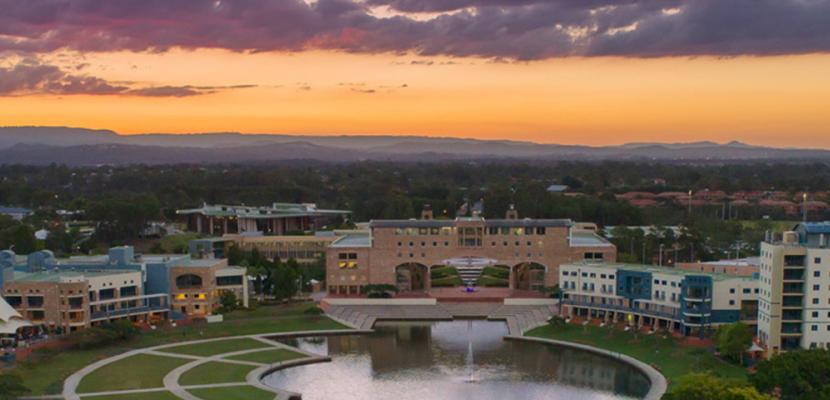
An unconventional approach
The professional landscape is changing rapidly. Already, careers have emerged that didn’t exist five years ago – in virtual reality, digital disruption, genomics, social enterprises and Artificial Intelligence.
Employers have been appealing to universities to create degrees that challenge the norm, and that provide a novel approach to tertiary education by focusing on employment skills that are relevant today and in the future. The skills that business leaders worldwide are looking for, say it all: problem-solving, adaptability, collaboration, leadership, creativity and innovation.*
Bond University has answered this call with the Transformation CoLab. By combining entrepreneurship with innovation and design thinking, our graduates will be drivers of change who are fully prepared for the jobs of the future.
Bond University Deputy Vice Chancellor (Academic) Professor Keitha Dunstan says the CoLab is an unconventional approach to education in Australia.
“We realised that, if Bond University was to continue to lead the way with forward thinking programs that will equip our graduates for this world of change, we would need to employ modern ways of thinking,” she says.
“This led us to create the Transformation CoLab, a virtual space that creates initiatives and programs that ensure Bond graduates are sought after by employers.”
In a virtual setting, the CoLab coordinates:
- Bond University Core subjects - Critical Thinking and Communication, Collaboration, Teams and Leadership & Responsibility, Integrity and Civic Discourse.
- Beyond Bond - Bond’s unique co-curricular program that encourages community engagement beyond academic studies in order to support career aspirations and develop sought-after employability skills.
- Transformation Degree programs - new in 2020, these degrees will combine discipline-specific content with content that drives change and fosters critical thinking. Students can study a Bachelor of Digital, Entrepreneurial (CRICOS 107660H), Health (CRICOS 107659A), or Legal Transformation (CRICOS 107661G).
The CoLab isn’t a siloed entity; it infiltrates every aspect of the university.
“Anything that incorporates the future employability for our students is what the CoLab will focus on,” Professor Dunstan says.
“While programs such as Beyond Bond and our core subjects have existed for many years, being able to bring them together under the one umbrella of the CoLab will be of greater benefit to our students.”
Oops, something went wrong.
A different kind of graduate
Bond University has long held a reputation for producing a different kind of graduate, one that is equipped with the knowledge and skills necessary to be highly successful in their endeavours.
Changing workforce demands mean that while our graduates still require deep content knowledge in their chosen discipline, they also need to develop broader skills to meet the challenges of the future. The CoLab exists to lead this space for all students at Bond.
Bond University is committed to ensuring all students leave as:
- Capable individuals: graduates are highly self-aware and self-directed individuals who consistently exhibit initiative and persistence in pursuit of their goals.
- Effective collaborators: graduates are strong collaborators who lead or contribute to the outcomes of effective teams.
- Global citizens: graduates embrace inclusiveness whilst valuing the rich diversity of others from different backgrounds within changing environments.
The Transformation Degrees
The fourth industrial revolution is already here. In order to thrive, we need to create a harmonious cyber-physical environment, where connectivity, artificial intelligence and automation are combined to positively impact people’s lives through technology.
Developed in response to feedback from industry partners, the Transformation Degrees cater to the new and emerging jobs of the fourth industrial revolution, jobs that are not supported by traditional approaches.
Through these degrees, students explore sustainable futures and global challenges, and participate in design studios and industry placements, giving them the chance to study a blended degree that will enable them to take on the challenges of the unknown.
Students will have the opportunity to work directly with some of country’s most exciting organisations and innovative business leaders who, along with world-class teachers, will help students transform themselves and the future.
Solving global challenges
All of this will be done through the lens of the United Nation’s Sustainable Development Goals.
The Sustainable Development Goals (SDGs) are the blueprint to achieving a better and more sustainable future for all. They address the global challenges we face, including those related to poverty, inequality, climate change, environmental degradation, peace and justice.
As well as studying digital media’s intersection with society, global citizenship, law and ethics, students will work together to identify a complex real-world issue related to the SDGs that will form the basis of a group-based project, with real outcomes.